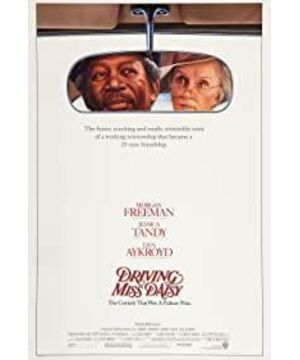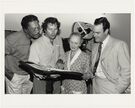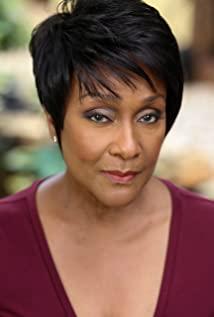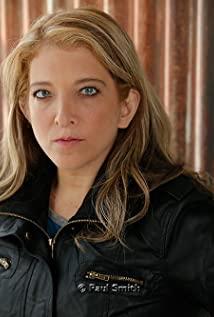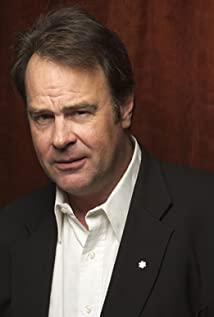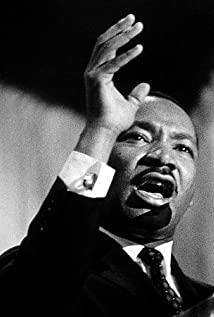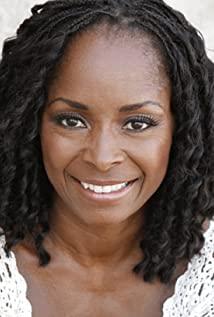The film tells a story about an old Jewish woman and a black driver who went from running-in to sympathy. The rich Jewish widow Daisy was too old and could no longer drive. Her son hired a black driver Hawke for her, but the stubborn Daisy was very unhappy. Although the kind and honest Hawke knew that he was not accepted, he tolerated and cared about the life of the old woman. Daisy's rejection of Hawke began to gradually disappear. In the last few years, she finally discovered that Hawke was her best friend.
This is a warm film in which two old people care for each other, and they are in love with each other along the way. When Hawke fed the cake into the mouth of the elderly Daisy, I was so moved that I cried. The film does not have a plot of ups and downs, and records more of the bits and pieces of daily life. The director meticulously laid out and spoke humorously, alleviating the social problems and racial contradictions of that era. But the biggest feature of "Wei" is actually the character setting of an old Jewish woman and a black driver. Halfway through the film, the director used the words of the American police to explain the racial conflicts after World War II, "It is a sad sight that an old nigger and an old Jewish woman are driving together." In the American value system at the time, Jews were considered "stingy and mean", and the situation of blacks was even worse. They were prescribed "not to use gas station toilets." Hawke said in the film that he is more willing to work for Jews. This is more or less because they are not accepted by the American society, so he feels more sympathetic. But the real situation is that American society discriminates against Jews and blacks, and Jews and other whites discriminate against blacks together. Many details of "Wei" reveal the denial of Hawke by Miss Daisy, who claims to be unbiased. For example, Daisy suspected that Hawke ate her canned food. She did not allow Hawke to clarify her request after driving for a whole day. Hawke, who she thought was uncultured, gave a live speech to Martin Luther King. Not interested, even after years of acquaintance, he still shared a table with Hawke. Daisy has always been in a leading position in front of Hawke, maintaining a sense of superiority that belongs to the whites.
So uncovering the warmth of the movie, the hidden reality of "Wei" appears so cruel. At the end of the film, Daisy said to Hawke, "You are my best friend." At that moment, it was really touching. In the final analysis, such a plot setting is nothing more than a means for the director to promote mainstream American ideology. He tried to achieve racial reconciliation on the screen through the handshake of Daisy and Hawke. The olive branch that the white man threw to the black man was ultimately only a self-satisfying concession under the white discourse hegemony, but many black people like Hawke could only sigh helplessly, "Nothing has changed."
View more about Driving Miss Daisy reviews


